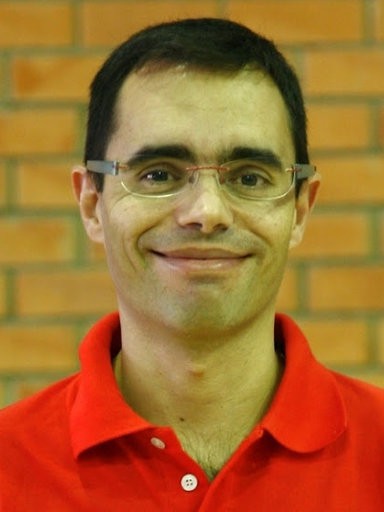abstract
Sol-gel glasses in quaternary silica-sodium-calcium-phosphorous systems have been synthesized using a rotary evaporator for rapid drying without ageing. This novel fast drying method drastically decreases the total drying and ageing time from several weeks to only 1 hour, thus overcoming a serious drawback in sol-gel preparation procedures for bioglasses. This work investigates the bioactivity behavior of two glasses synthesized by this fast method, with Ca:P ratios of 1.5, and 1.67. X-ray diffraction (XRD), Inductive coupled plasma, Fourier-transform infrared, and Raman spectroscopy were used to confirm the bioactivity of the synthesized powders. MAS-NMR was also used to assess the degree of silica polymerization. The composition with a higher Ca:P=1.67 ratio showed better bioactivity in comparison to the one with Ca:P=1.5, which exhibited little bio-response with up to 4 weeks of immersion in SBF (simulated body fluid). It was also found that an orbital agitation rate of 120 rpm favors the interfacial bio-mineralization reactions, promoting the formation of a crystalline hydroxyapatite (HAp) layer at the surface of the (Ca:P=1.67) composition after 2 weeks immersion in SBF. (c) 2017 Wiley Periodicals, Inc. J Biomed Mater Res Part A: 106A: 510-520, 2018.
keywords
HYDROXYAPATITE; CRYSTALLIZATION; ROUTE; IONS
subject category
Engineering; Materials Science
authors
Ben-Arfa, BAE; Fernandes, HR; Salvado, IMM; Ferreira, JMF; Pullar, RC
our authors
Groups
G3 - Electrochemical Materials, Interfaces and Coatings
G4 - Renewable Materials and Circular Economy
G5 - Biomimetic, Biological and Living Materials
acknowledgements
Contract grant sponsor: FCT-Fundacao de Ciencia e Tecnologia; contract grant number: IF/00681/2015; Contract grant sponsor: FCT Grant; contract grant number: SFRH/BPD/97115/2013






